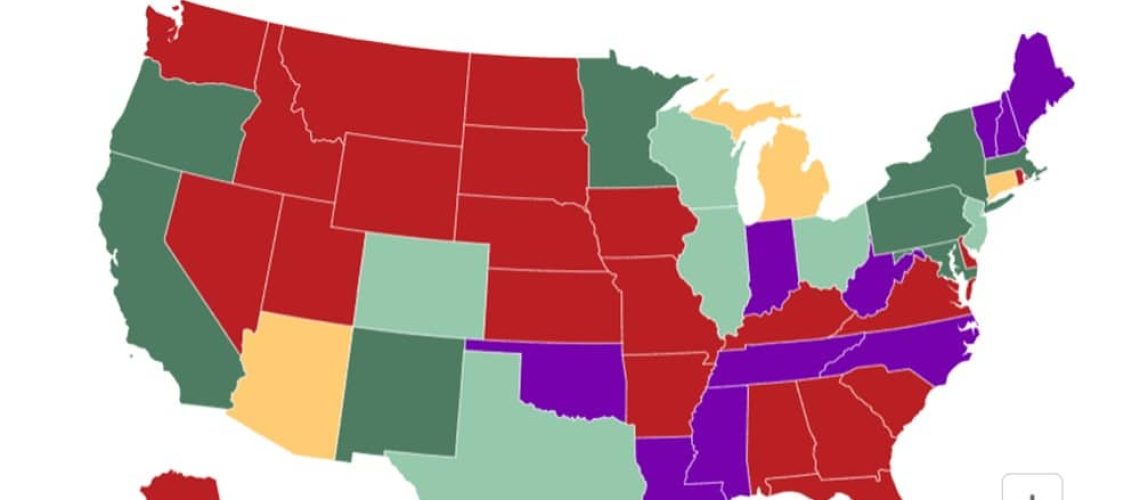The Interstate Renewable Energy Council (IREC) has launched a spreadsheet tracker and map showing that eight states and certain utilities across the U.S. now require smart inverters for new distributed solar and storage installations.
Installers working in those states and utility service areas must use inverters that are certified to meet the smart inverter standard known as IEEE 1547-2018. Inverters meeting the standard can regulate voltage on a distribution circuit, and that capability allows more solar to be installed on each circuit without utility-supplied voltage regulation hardware.
Pennsylvania and Minnesota adopted the smart inverter standard early this year, after Minnesota had deferred its adoption based on the previously limited market availability of qualifying inverters, said an IREC spokesperson.
The Puerto Rico distribution utility Luma adopted the standard this month; Puerto Rico last year led the nation in the amount of residential solar installed per capita.
Smart inverters’ capability to regulate voltage becomes increasingly important as the amount of distributed solar on a given circuit increases. In Hawaii, for example, which reached high levels of solar on distribution circuits by 2021, a Sunrun executive said at the time that thanks to the smart inverter settings required by the utility HECO, which serves nearly the entire state, most customers could “instantly interconnect” new solar. California has also had good success with smart inverters, while Oregon this year adopted the standard and also made it easier for export-limiting distributed storage projects to receive interconnection approval.
Other states with smart inverter requirements, according to the IREC adoption tracker, are New Mexico, Maryland and Massachusetts.
In New York, which set a state-wide smart inverter requirement with different deadlines for its utilities, several utilities have already adopted the standard.
Regulators in six other states are in the process of adopting smart inverter requirements: Colorado, Texas, Wisconsin, Illinois, Ohio and New Jersey.
In 11 other states at least one utility has adopted the standard.
The tracker shows that the grid operator PJM, which serves a region stretching from Chicago to New Jersey, has recommended a smart inverter adoption date and inverter settings for the states and utilities in the region.
To compile the tracker, IREC investigated the smart inverter adoption status of every state and more than 100 utilities. The tracker presents inverter performance criteria, or settings, specified by the various states and utilities. IREC plans to update the tracker on a quarterly basis.



